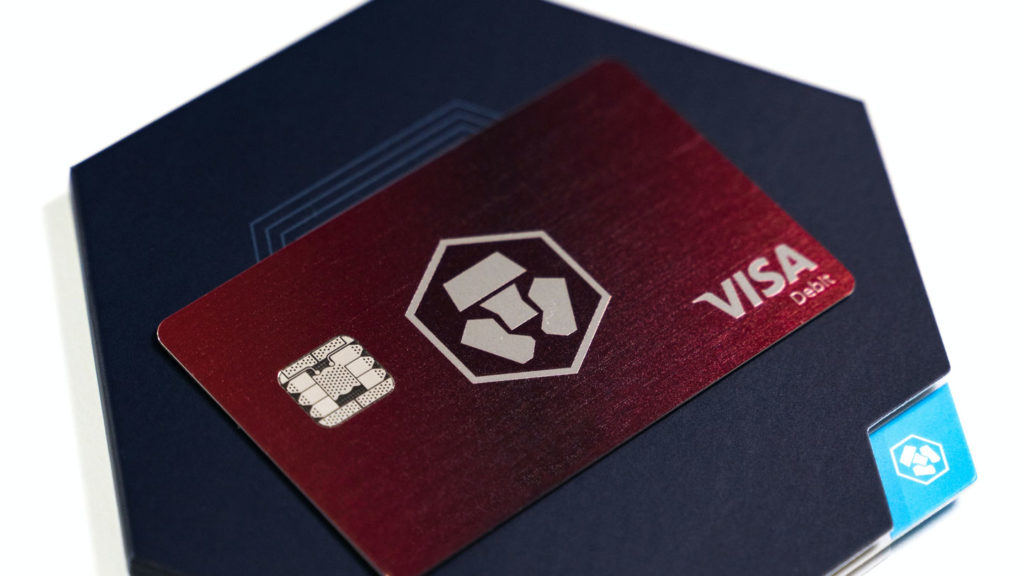Nowadays, debit cards have become such an essential means of payment. And it isn’t easy to imagine living without them. However, digital mobile payment options such as Google Pay have put the actual plastic card itself in jeopardy in recent years.
However, just the debit card may have hastened the demise of cash-based transactions. So, debit cards have no around for as long as we may imagine. Hence, before you look for an ATM processor, let’s know the brief history of your debit card.
Early Payment Cards with a Credit Focus
Much of the progress toward payment cards in the twentieth century occurred in the United States. This is with a concentration on credit cards rather than debit cards. The US Diner Club card is one of the first of its kind.
And its use grew during the 1950s. Diners Club cards are also among the first credit cards used in the UK. It’s when they have introduced in the early 1960s. And American Express quickly followed suit.
Barclays Makes a Breakthrough in British Banking
This debit card as we know it today was still a long way off. But the invention of the world’s first ATM looked to speed its arrival. Barclays installed a machine that distributed cash when customers input coupons supplied by the bank.
However, Lloyds created the first ATM in 1972. It utilized a card with a magnetic strip to retrieve cash. Nowadays, ATM services become common and essential part of life. There are many ATM providers are available.
ATMs Hasten the Arrival of Debit Cards
Banks issued these new debit cards. But the payment brands they used were Switch and Connect. Barclays utilized the Connect card. It was essentially a rebranded Visa Delta, whereas Switch evolved into Maestro, a MasterCard trademark.
Debit Cards Can Be Used For a Variety of Purposes
In the 1990s and 1994, the usage of debit cards rose fast. And it claimed that half of all individuals in the UK used debit cards regularly. Debit cards gained popularity for a variety of reasons.
For starters, they are accessible to a vast number of individuals. This is since they did not require a credit check as credit cards do.
What Is The Source Of The Issue?
When employment is high, why is there such a money problem? Is it due to excessive habits or wasteful spending? The study proved that it is not the case. The CEOs of the FTSE 100 businesses received an 11 percent salary increase on average.
It’s while everyday workers did not do as well during the same time. Wages haven’t even kept up with the inflation rate, with an average pay increase of only 2%.
This means that even full-time workers see a decline in their salary in real terms. This is a significant contributor to the difficulties that many people endure.
The Bottom Line
One of the reasons some individuals have avoided internet banking is fear hacking. However, it is in many respects safer than going to a branch.
Logging in necessitates using a username, password, passcode, and other kinds of identification, such as card readers. You’ll get information about the last time you signed in. It allows you to identify any unusual behavior right away.



